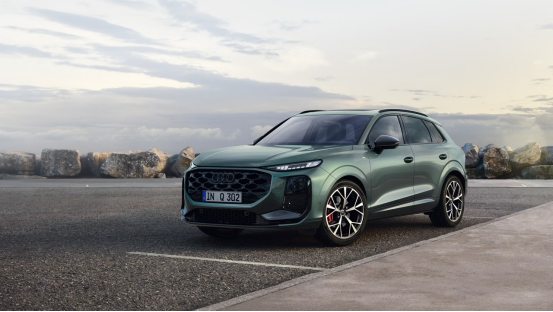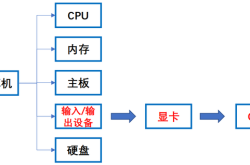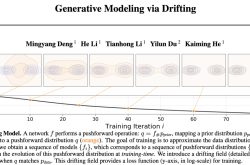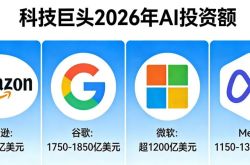Audi Adjusts Electric Vehicle Strategy
![]() 06/19 2025
06/19 2025
![]() 550
550
According to a report by foreign media Autocar on the 16th, Audi has revised its original plan to cease developing and selling internal combustion engine (ICE) vehicles by 2033. Currently, the company does not have a definitive end date for ICE vehicle production.
Under previous plans, Audi intended to stop introducing new fuel vehicle models after 2026. In an interview, Audi CEO Gernot Dörner clarified that this decision was made by the previous management team.
It is reported that from 2024 to 2026, Audi will introduce a new series of internal combustion engines and plug-in hybrid vehicles, and will continue to produce fuel vehicles for the next decade.
Dörner also disclosed that Audi will spearhead the development of Volkswagen Group's mid-to-large vehicle platform architecture and software system, encompassing all models from the A5 level upwards. This includes the next-generation SSP platform, a collaborative effort between Volkswagen and Rivian. The first Audi models equipped with the SSP platform are anticipated to debut by the end of 2027 or in 2028.
Concurrently, Audi is streamlining its product line, with no successors planned for the A1 and Q2 models. The Q3 and A3 will serve as entry-level offerings, while the A8 will remain the flagship sedan. The Q7, Q8, and rumored Q9 will occupy the top spots in the SUV lineup.

New Audi Q3 (Image/Audi Germany Official Website)
Due to shifts in market conditions and customer demand falling short of projections, international automakers' electrification strategies have become more pragmatic, abandoning their initially aggressive approaches. Audi is the third international automaker to officially announce a retreat from full electrification.
Earlier in 2024, Mercedes-Benz announced its departure from its all-electric vehicle plan, stating that it would no longer adhere to its original goal of transitioning fully to electric vehicle sales in major markets by 2030. Instead, it adopted a dual-track strategy for fuel and electric vehicles, planning to introduce a new lineup of internal combustion engine models by 2027.
In September of the same year, Volvo similarly announced that it had abandoned its target of selling only pure electric vehicles by 2030, adjusting it to a goal where plug-in hybrid and pure battery models account for at least 90% of its sales by 2030.








